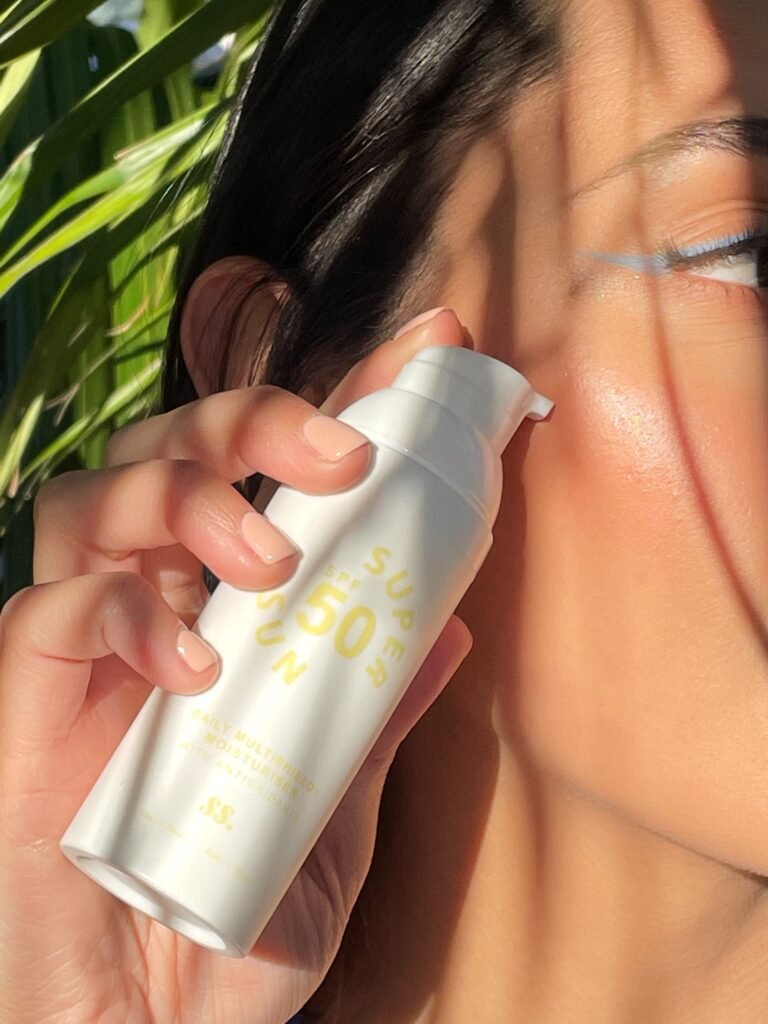
Table of Contents
During the spring and summer, it is simple to remember to wear sunscreen every day
because you are preparing for the heat and UV radiation. However, in the months
preceding or throughout the winter, should you wear sunscreen? You might be
surprised to learn that the answer is that sunscreen should be worn every day of the
year, including the chilly and less sunlight Winter months.
Winter can make you feel as though you don’t need to apply sun protection because
the sun doesn’t come out very often and the chilly weather keeps you from being
exposed to the sun’s potentially hazardous rays. However, even in the winter, you
should still use sunscreen because it helps to protect you from the sun’s harmful rays
regardless of the weather or season.
To ensure you are adequately protected all winter long, we’ll explain the significance
of wearing sunscreen in this blog post. Your skin will thank you for it, we promise.
PERKS OF USING SUNSCREEN:
- UV Rays Cannot Be Avoided
UVA and UVB rays are the two varieties of UV rays that are present. 95% of the
UV photons that hit the earth’s surface are ultraviolet A rays, often known as “long
waves.” Clouds, glass, and the skin can all be deeply penetrated by these rays.
Additionally, these rays are to blame for aging symptoms including wrinkles and
dark patches. Redness and sunburns are brought on by ultraviolet B rays, which do
not enter the skin as deeply as UVA rays do. Although they are weaker in the winter,
these rays can still reach the earth’s surface and are easily reflected off of snow and
ice. They are strongest in the early spring to early fall months. When skiing on a
bright, sunny day, you might realize that the UVB rays have given you a goggle tan
or slightly burned your lips and nose. No matter the weather outside, you should still
use sunscreen every day because UVA and UVB radiation are present all year round.
- Numerous Sunscreen Products Possess Beneficial Skin Care Qualities
We’re not referring to the oily, unpleasant sunscreen your mother used to apply on
you when you were a child while on a family vacation. Since then, sunscreen
compositions have advanced significantly and can now offer your skin useful
advantages in addition to sun protection. Your skin might suffer greatly from the
drying effects of the harsh winter climate. Vitamin C is included to the formulation
of sunscreen creams to give your skin anti-aging advantages and to help it seem
younger. To enjoy the benefits of two products in one and cut off a step in your
skincare routine, you may even purchase tinted moisturizer or BB cream products
with SPF.
- Sunscreen Removal Is Quicker During Winter
When you are at the lake or beach in the summer, you might feel the sunscreen
evaporating due to swimming or perspiration. Even though you are not sweating off
your sunscreen in the winter, severe weather conditions can still destroy it
quickly. Strong gusts and snow can degrade sunscreen’s effectiveness. Thus, using
just one layer of sunscreen in the morning may not always be sufficient. When you
are outside and just after you sweat, it is still advised that you reapply sunscreen
every two hours.
- Winter sports raise your chances of UV exposure
According to the Skin Cancer Foundation, UV radiation rises by 5% for every 1,000
feet above sea level. Therefore, while you are in the mountains, all of you ardent
skiers, snowboarders, sliders, and ski touring enthusiasts must take additional care
of your skin by using sunscreen. Your susceptibility to UV radiation increases with
elevation. Although you are often protected from UV rays by ski equipment,
helmets, and balaclavas to cover the majority of your face, they can still penetrate
your skin and result in sunburns and increase your risk of developing skin cancer.
Make sure applying sunscreen is on your pre-ski checklist the next time you are high
in the mountains or having a family ski day. Don’t forget to bring extra sunscreen
with you to the slopes so you may reapply it as needed during the day.


